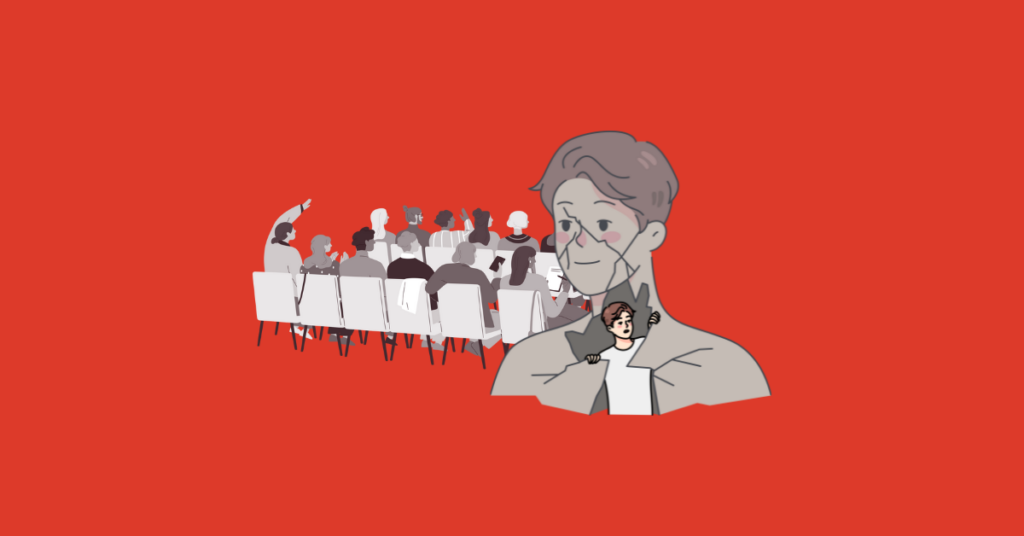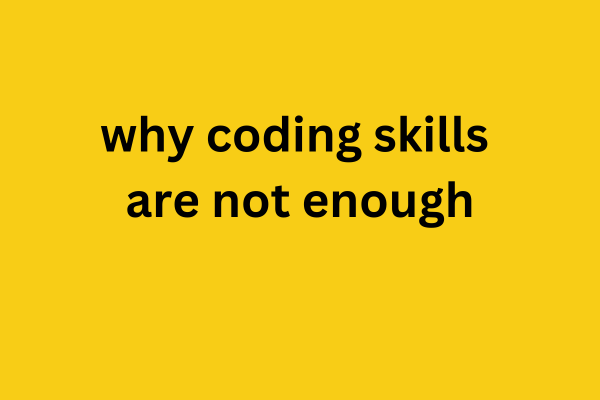
IT conferences provide a great opportunity for analysts and programmers alike to gain knowledge and broaden their network. Whether you’re a junior or a senior, everyone contributes. Recently, I thought that a “guide for introverts” would be useful in this context, because, well, most of us in the industry are introverts, right? 😉
1. IT Conferences as Stretching for Introverts
If, like me, you prefer to work in solitude rather than revel in a tumultuous shared experience, then a conference can be a good stretch for your rigid muscles. Success in life and work rarely occurs in a vacuum, so you can approach this as an exercise.
2. Raise your hand
You might think that only high-flyers attend these conferences, and you’re just a small fry who doesn’t know much. I’ve observed that only about 30% of speakers felt comfortable, while most were stressed and delivered average (though correct) performances. Conclusion: sign up for questions, strike up conversations in the corridors – you’re not as far off the mark as you think, so there won’t be any drama, and you’ll get some practice (see point 1).
3. Listen, Smile, Compliment Others, and Don’t Babble
The best speakers and corridor conversationalists were those who generously gave attention and praise. They focused on constructive matters in their comments.
In this point, I stress the importance of active listening and positive engagement. At an IT conference, we are surrounded by people with diverse experiences and skills from which we can draw valuable lessons. When you actively listen to others, you show respect and value their experience. Remember to smile – it’s a simple yet powerful gesture that creates a warmer, friendlier atmosphere.
Don’t forget about compliments. When you admire someone’s work, don’t hesitate to express it. Compliments can contribute to a positive atmosphere and strengthen relationships between participants. However, try to make them sincere and related to specific achievements.
4. Ask More About People Than Technicalities
Most of the conversations from which I gained something were about managing people or persuading them. Yes, technologies are interesting, but you can read about them online. Meanwhile, case studies of organizational changes or general successes centered on people, not specific technologies.
5. Take Notes Even When It Seems Boring
If you don’t take notes, you’ll drift away after the second presentation from coffee and then the event will seem worse than it actually is.
Conferences can sometimes be overwhelming due to the amount of information presented. Regardless of whether the topic seems boring to you or not, it’s worth taking notes. This will help you maintain focus and better absorb the content presented. Even jotting down the smallest details can prove incredibly helpful later on.
Moreover, note-taking makes us more engaged in what’s happening. Even if the presentation isn’t the most exciting, active note-taking can help you understand and remember key points. Finding value in each presentation will make the whole event more fruitful for you.
6. Look at the Slides
If they’re bad, say a prayer in your heart and promise yourself that you won’t make the same kind, because you’re experiencing how bad slides do harm.
When you notice bad slides, instead of feeling frustrated, try to learn from others’ mistakes. Observe what makes them unreadable or ineffective. Draw conclusions and promise yourself that you’ll avoid these mistakes when creating your own presentation. This will allow you to create better materials in the future that will convince and engage your audience.
Summary
While IT conferences pose a certain challenge for me as an introvert, they are also an invaluable source of knowledge and inspiration. Therefore, I’ve created a “guide for introverts” that helps me better utilize their potential. Primarily, I treat conferences as a way of “stretching” my comfort zone, learning to actively participate, ask questions, and initiate conversations. Active listening, being positively engaged, and offering sincere compliments to other participants are also key for me. I value conversations about management and influencing people, which give me more than purely technical discussions. I also take notes even when topics seem boring, to maintain focus and better absorb presented content. When I encounter bad slides, I try to draw conclusions from them, promising myself to avoid similar mistakes in my presentations.
That’s all on this topic. Analyze in peace!
Did you like this article 🙂?
Share it on Social Media 📱
>>> You can share it on LinkedIn and show that you learn something new every day.
>>> You can throw it on Facebook – and perhaps help a friend of yours who is looking for this.
>>> And remember to bookmark this page, you never know if it won’t come handy in in the future.
You prefer to watch 📺 – no problem
>>> Subscribe and watch my English channel on YouTube.
Other interesting articles:
Prefer to read in Polish – here’s the translation.



